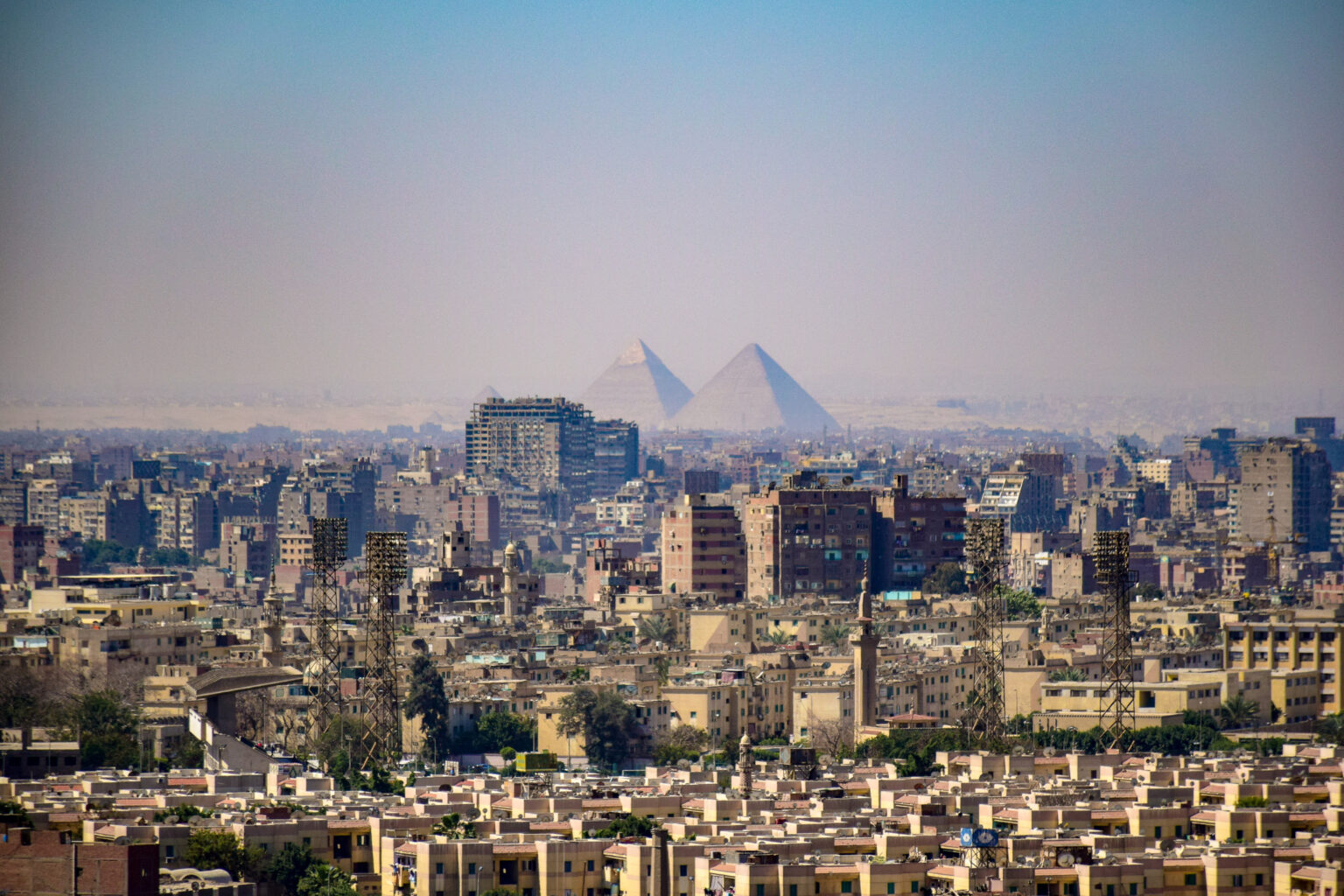Egypt’s Pivotal Role in Middle Eastern Stability and U.S. Foreign Policy
Stability in the Middle East has long been a cornerstone of American foreign policy due to the region’s critical role in global energy supply and international commerce. Additionally, the Middle East serves as a breeding ground for terrorist movements that have far-reaching impacts, extending well into Western nations, including the United States. Within this complex geopolitical landscape, Egypt stands as a key pillar. Home to over 109 million people, Egypt’s strategic security relationships with Israel and the United States help mitigate the threats posed by radical Islamist groups and impede Iranian expansionism.
Egypt’s Geopolitical Challenges
The War in Gaza
The on-going conflict in Gaza has thrust Egypt into the global spotlight. As Israel intensifies its military campaign against Hamas, developments near the Sinai border, especially around Rafah, could be perceived as violations of Egyptian sovereignty. Such actions carry significant political ramifications for Cairo, potentially straining its internal and external diplomatic stance.
Nile Water Dispute with Ethiopia
To the south, Egypt faces escalating tensions with Ethiopia over the Grand Ethiopian Renaissance Dam (GERD), which has significantly contributed to Egypt’s water scarcity issues. Diplomatic negotiations reached a stalemate in December, exacerbating the conflict. Ethiopia’s recent recognition of Somaliland, an autonomous region of Somalia, further complicates relations. In response, Egyptian President Abdel Fattah el-Sisi underscored Egypt’s support for Somalia’s sovereignty, even hinting at potential military assistance. This has even stirred debate in U.S. Congress, notably involving Representative Ilhan Omar (D-MN).
Economic Pressures Exacerbating Instability
Impact on Global Maritime Trade and Egypt’s Economy
The Bab-el-Mandeb Strait, through which a significant portion of international maritime trade passes, has been severely impacted by Houthi attacks. Consequently, there has been a 30 percent decline in global container ship volume passing through the Suez Canal, based on data from the International Monetary Fund (IMF). Major shipping companies, like Maersk, have suspended routes through the canal indefinitely. This disruption has profound implications for Egypt, significantly reducing one of its primary sources of dollarized income.
Financial Crisis and Currency Devaluation
Egypt’s economic woes are compounded by a burgeoning debt crisis. With external debt standing at approximately $164.5 billion, and a significant trade deficit, Egypt is starved of essential foreign currency. The unofficial exchange rate of the Egyptian pound has plunged to nearly 60 EGP per USD, starkly contrasting with the official rate of 31 EGP per USD. This economic instability is further aggravated by the decline in Suez Canal revenues, which represent about 40 percent of the canal’s total income.
Over the last decade, Egypt’s government has embarked on massive state-funded projects, financed primarily by central bank loans. But these infrastructure ventures, such as the New Administrative Capital and a new monorail, have failed to attract substantial foreign direct investment. As a result, Egypt now faces the urgent need to restructure its obligations to stave off default.
The Role of U.S. Foreign Policy
The IMF has called for "restrictive macro-policies" to curb high debt and inflation in the region. A new IMF deal under negotiation could further devalue the Egyptian pound and impose additional austerity measures, deepening the economic hardship faced by the Egyptian populace. Any subsequent economic destabilization could threaten domestic stability and resurrect radical movements, like the Muslim Brotherhood, which have been extensively suppressed since Mohamed Morsi’s ousting in 2013.
Given these multifaceted challenges—ranging from the Gaza conflict to tensions with Ethiopia, and an impending economic crisis—2024 could be a pivotal year for Egypt. For U.S. foreign policy, this represents both an opportunity and a potential crisis. Bolstering Egypt with economic and military support could enhance U.S. influence and counterbalance growing Russian presence in the region. Conversely, a destabilized Egypt could trigger a refugee crisis significantly larger than any previously seen, particularly as anti-immigration sentiments rise in Europe.
In conclusion, the intersection of U.S. interests in both European and Middle Eastern stability underscores the urgency for Washington to act swiftly. Providing timely support for Egypt may not only forestall potential disorder but also strategically counteract adversaries like Iran, Russia, China, and Islamist extremists.
For more on Egypt’s geopolitical role and the latest updates, visit the official Hoover Institution website.
